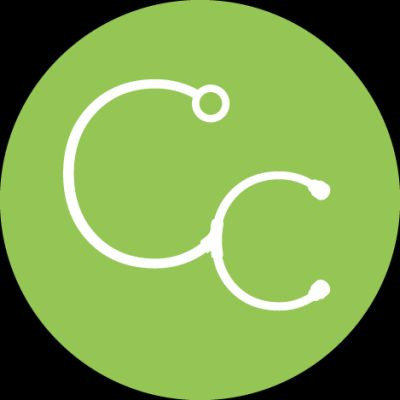Quần short Tạo ra
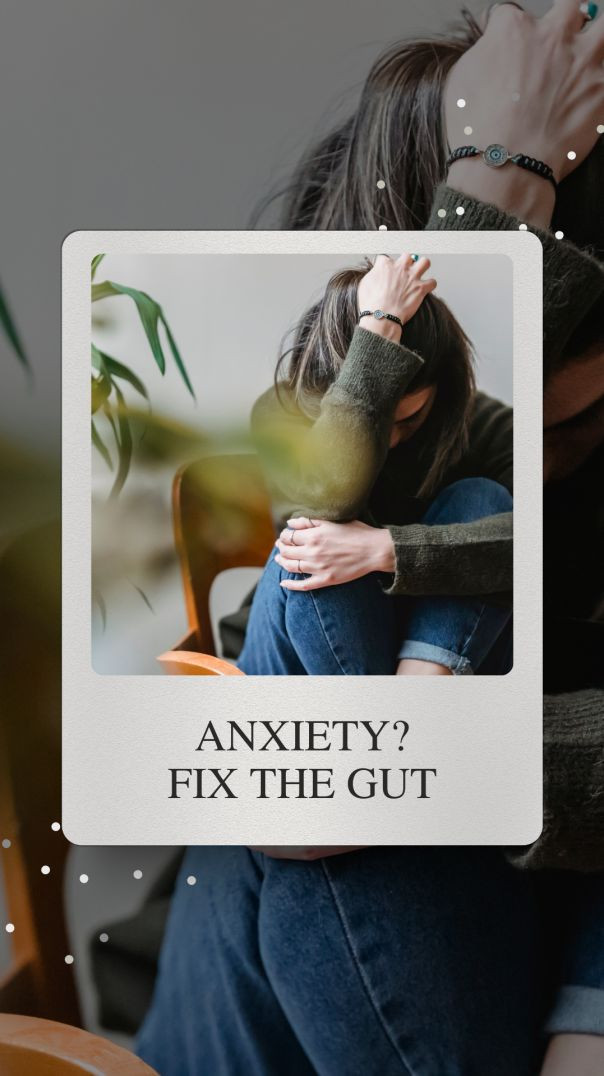
🧠✨ Struggling with anxiety? It might not just be in your head—it could be in your gut! Here’s how changing your diet and lifestyle can make a BIG difference.
🌱 Gut-Brain Connection: Did you know that a lack of GABA, the amino acid that helps keep you calm, might contribute to anxiety? And the gut plays a huge role in producing and regulating it. An imbalanced gut can mess with the signals going up your vagus nerve, which affects serotonin—aka the “happy chemical”—fueling anxious feelings.
🥕 The Power of Real Food: Start by eating raw, organic, whole foods. Think fresh veggies, fruits, nuts, and seeds. These one-ingredient wonders can help get your gut back on track!
🌿 Supplements to Support: Try a clean GABA supplement for your brain and add Ashwagandha—a natural herb known to help manage stress.
Anxiety isn’t just mental; supporting your gut health could be the game-changer you’re looking for. Follow for more on holistic health and healing! 💚 #guthealth #anxietyrelief #holistichealing
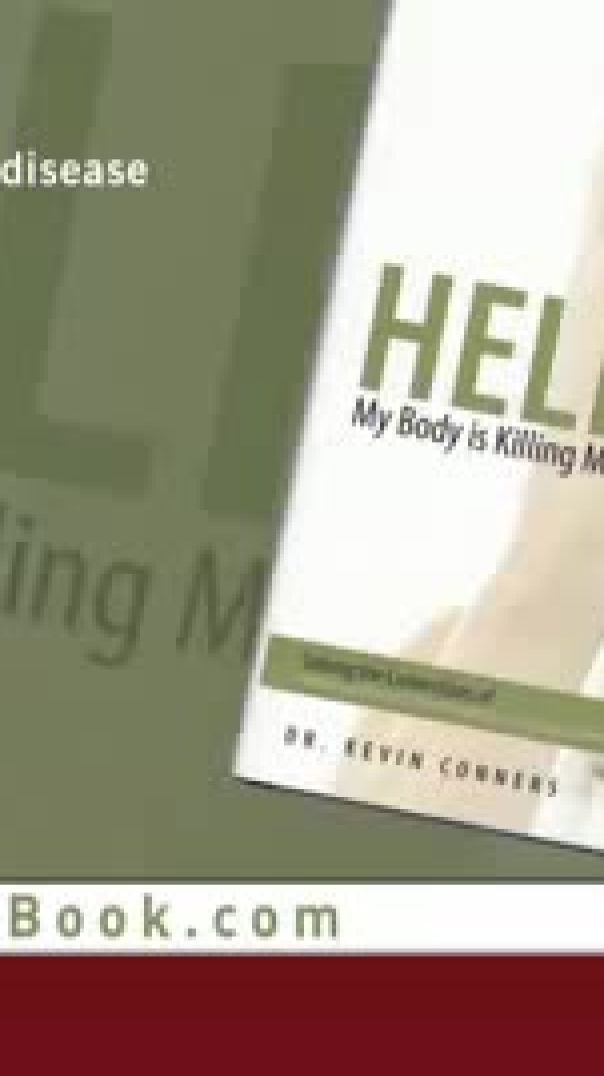
Download a FREE copy of Dr Kevin Conners' (of Conners Clinic, Alternative Cancer Coaching) new book "Help, My Body is Killing Me" as featured on Dr Oz.
https://www.connersclinic.com/books
-=- PRIVATE CANCER COACHING MEMBERSHIP -=-
Details about our most comprehensive Private Cancer Coaching Membership Package: https://shop.connersclinic.com..../products/comprehens
This is our popular and most sought after "all-in-one" package for those with a cancer diagnosis.
Note: Although this is where 95% of our members begin, we realize this may not be feasible for everyone. During your call, Dr. Conners may offer an alternative starting point for you.
-=- PRIVATE HEALTH COACHING MEMBERSHIP -=-
If you or someone you love is suffering with a chronic disease and/or autoimmune condition, our Private Health Coaching Membership is a game-changer! For more details visit: https://shop.connersclinic.com..../products/private-me
-=- PODCASTS -=-
Listen to podcasts? Here are a couple that we personally host that will help you on your journey to health and healing:
🎧 Conners Clinic Live: https://www.connersclinic.com/live
🎧 The Anne & Ashely Show (archive): https://www.connersclinic.com/show
-=- WRITINGS -=-
Download all of our books (including the Amazon #1 Best Seller "Stop Fighting Cancer & Start Treating the Cause") for FREE at https://www.connersclinic.com/books
Looking for more alternative, holistic health information? Check out our hundreds of articles on topics ranging from cancer to nutrition to genetics and everything in between: https://www.connersclinic.com/blog
-=- FIND US ELSEWHERE -=-
✅ Website ➡ https://connersclinic.com
✅ Online Store ➡ https://shop.connersclinic.com
✅ Courses ➡ https://courses.connersclinic.com/
✅ Telegram ➡ https://t.me/ConnersClinic
✅ Gab ➡ https://www.gab.com/connersclinic
✅ Facebook ➡ https://www.facebook.com/connersclinic
✅ Twitter ➡ https://www.twitter.com/connersclinic
✅ LinkedIn ➡ http://linkedin.com/company/conners-clinic
✅ Begin Here ➡ https://www.connersclinic.com/....course-members-begin
-=- CONTACT CONNERS CLINIC -=-
(651) 739-1248
info@connersclinic.com
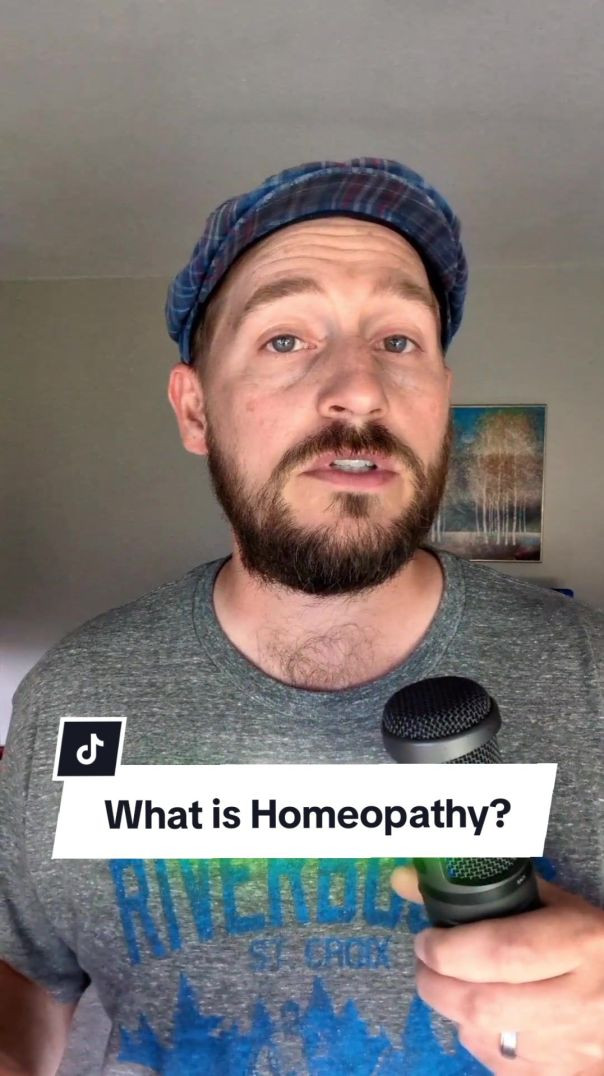
Ever wondered what #homeopathy is? 🌿 Discover how this natural system heals from within! 💫✨

Do supplements ever expire?
Yes...and no!
We're always adding soon to "expire" products to our fire sale on our store 🛒 https://shop.connersclinic.com/firesale
Go check out the best deals around for top-quality nutrition from a trusted source 💚
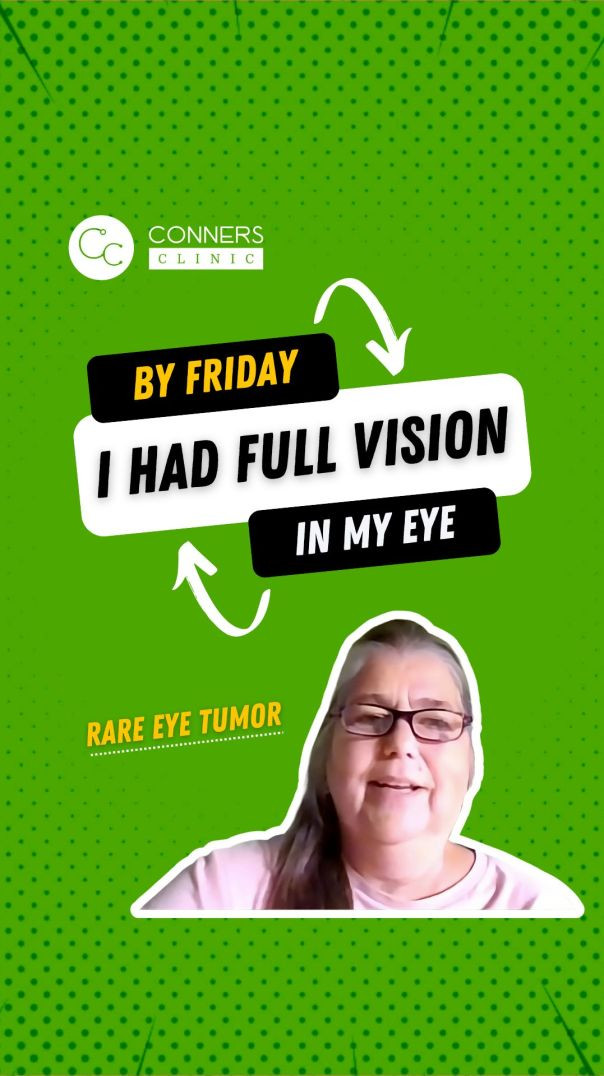
"In 2013, I faced a terrifying diagnosis—a rare tumor in my eye that left me 70% blind. The doctors told me I’d never get my vision back, and honestly, I didn’t see any other options. But a friend urged me to get a second opinion from Dr. Conners, saying, “What’s it going to hurt?”
From that first visit, it was clear that Dr. Conners wasn’t like anyone I’d worked with before. He used muscle testing to identify what he believed was the root cause—H. Pylori—and introduced me to something I’d never heard of: the Rife machine. He suggested an intense week of treatment: daily, eight-hour sessions. I thought, “What do I have to lose?”
By Friday, something miraculous happened. I could see again. My vision was back completely after just four sessions. Even my eye doctor was stunned when the scans showed no trace of the tumor. He doubted it would last, telling me I was just in remission and it would return. But weeks passed, and my vision held strong. I’d started using the Rife on my own, going deeper into my healing journey.
Working with Dr. Conners wasn’t just about treating symptoms. He focused on getting to the root cause, supporting me with supplements and natural treatments, and sticking with me through every stage of recovery. Over time, I tested clean on everything—no signs of H. Pylori, no more vision problems. It’s been an incredible journey of healing that I never thought possible, but it’s real. And I’m so grateful.
If you’re looking for answers that conventional medicine might not have, don’t be afraid to explore other perspectives. Sometimes, the healing path takes you where you least expect it.

